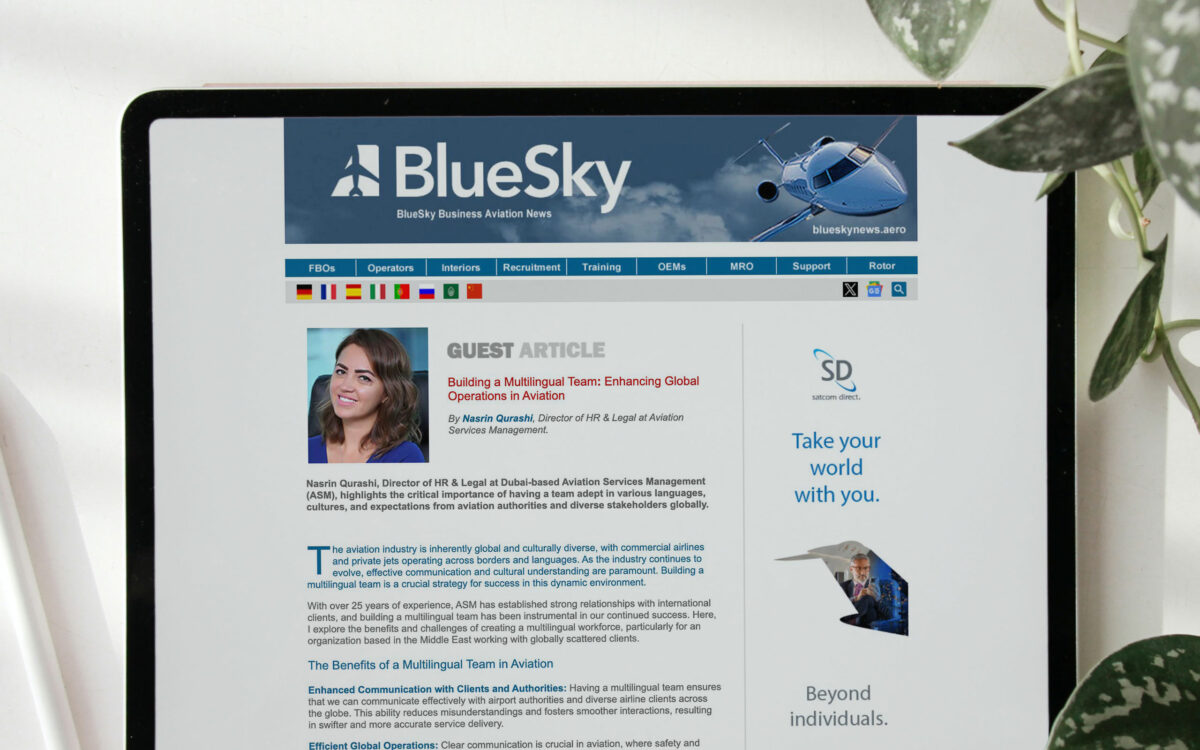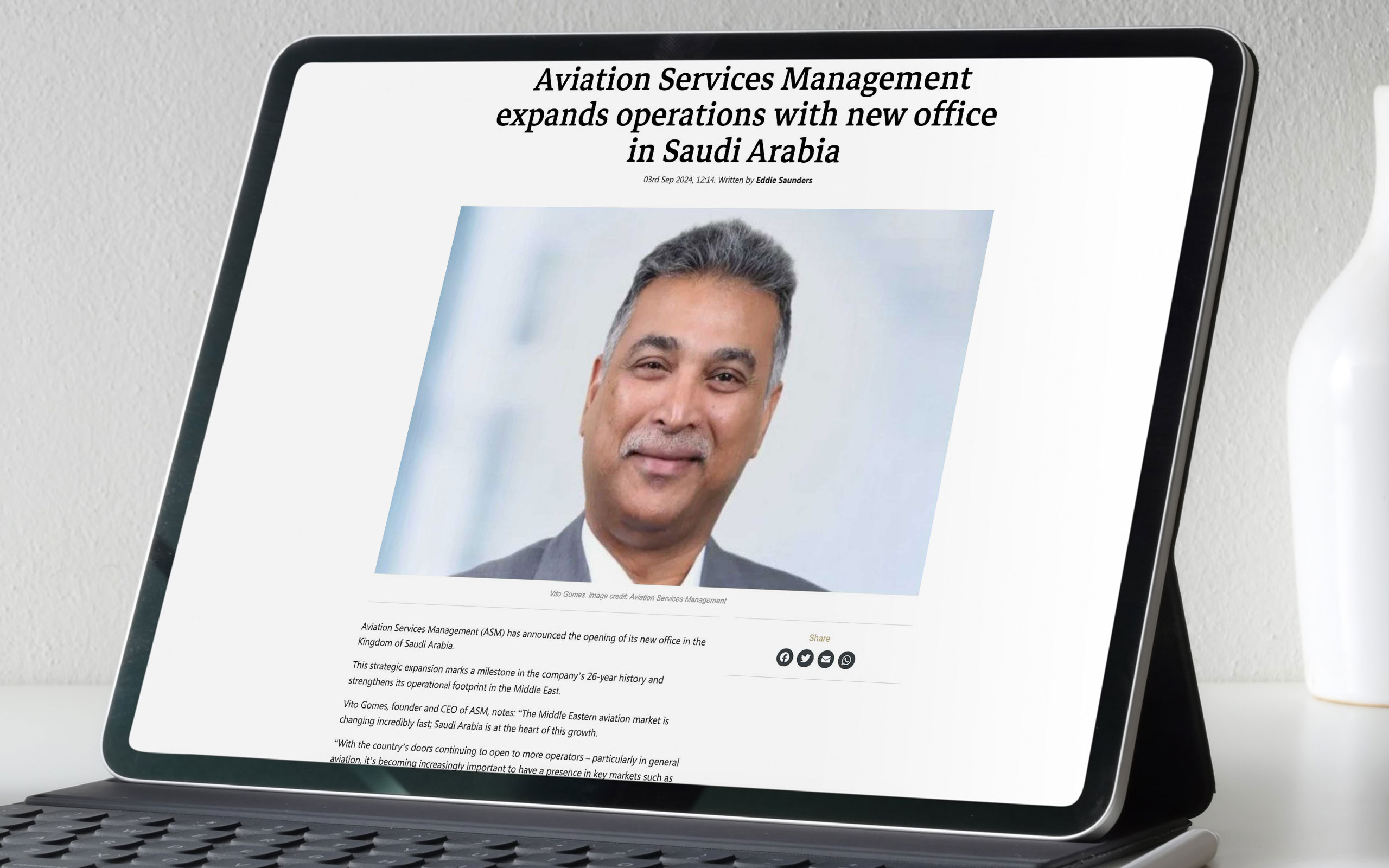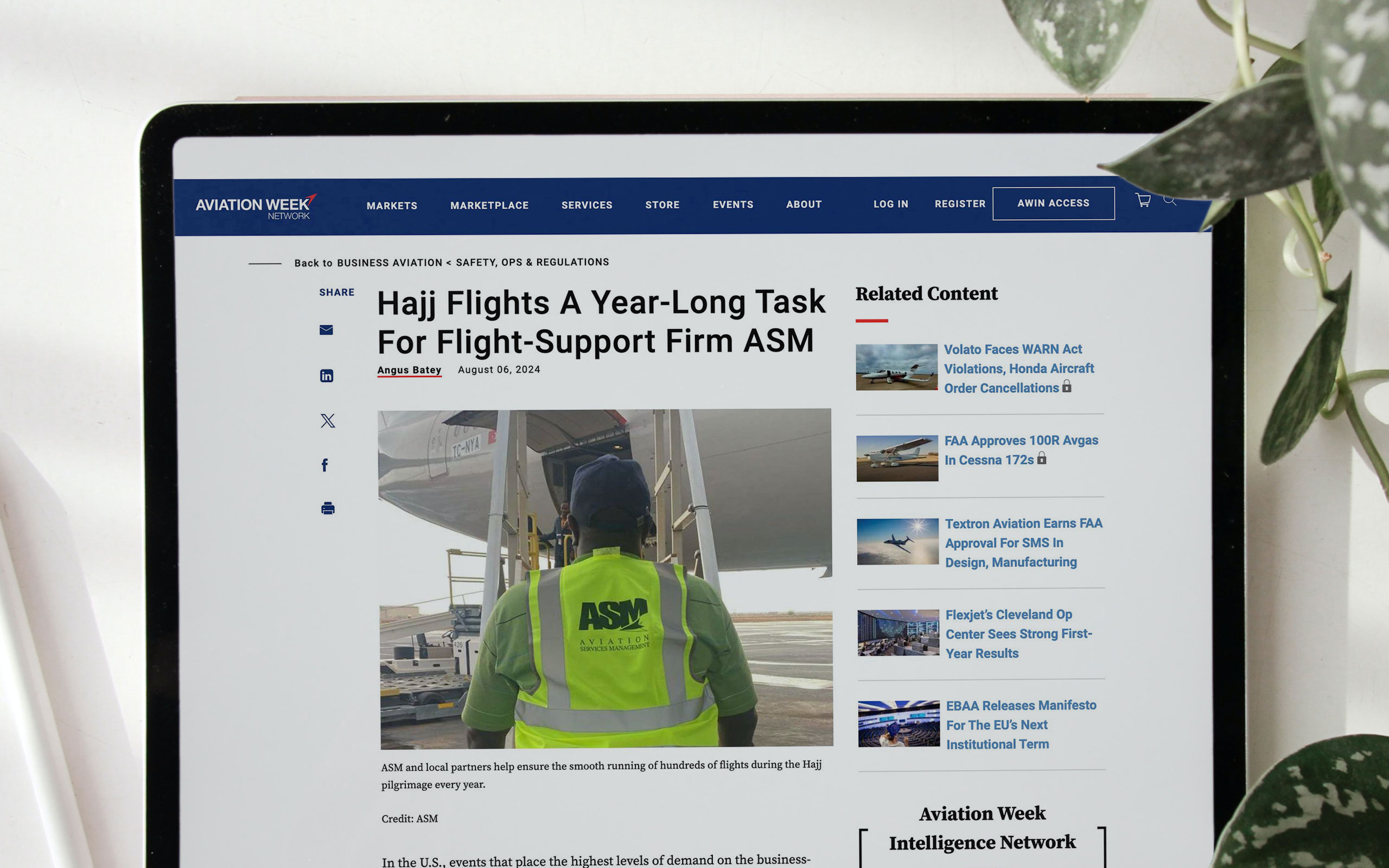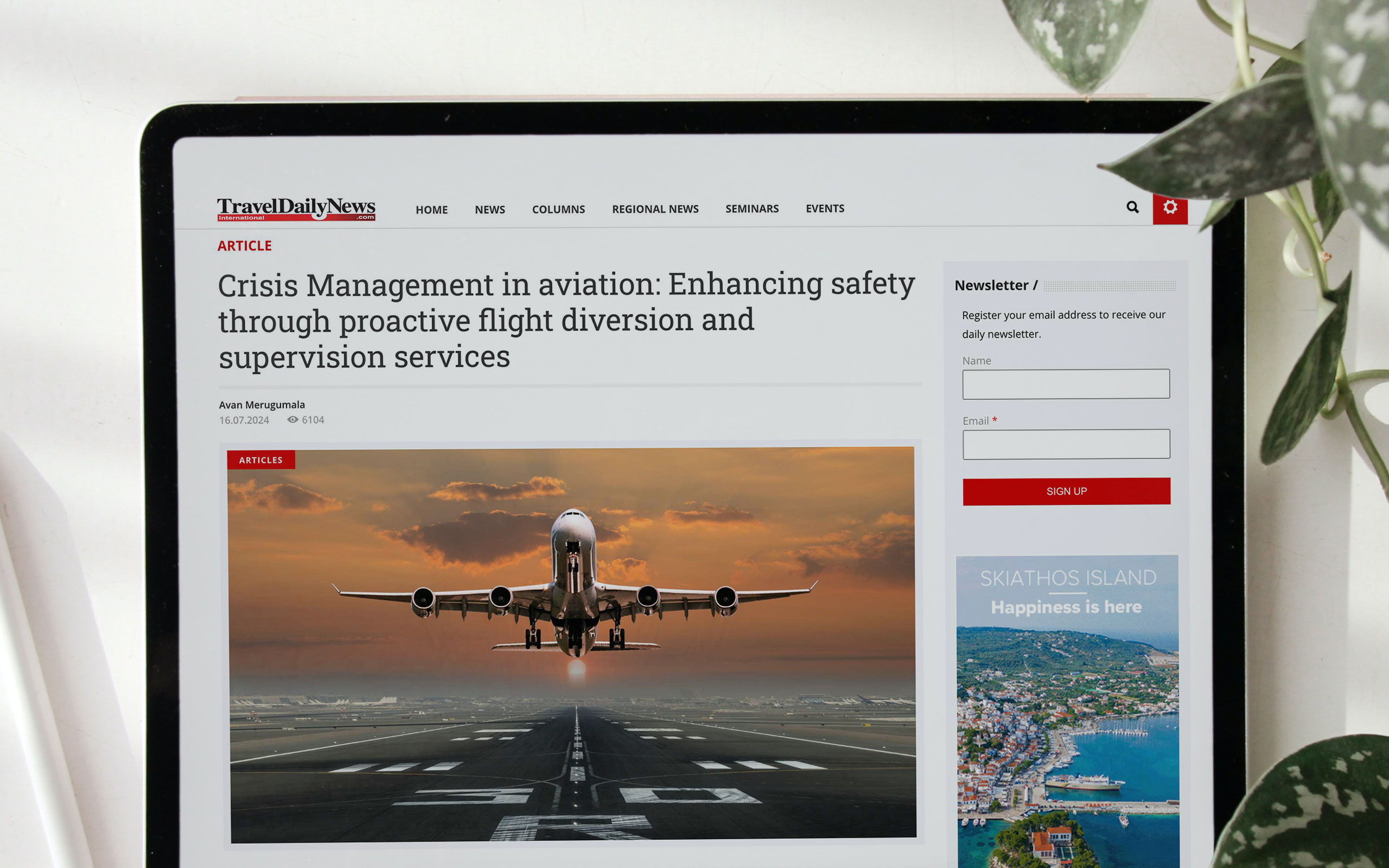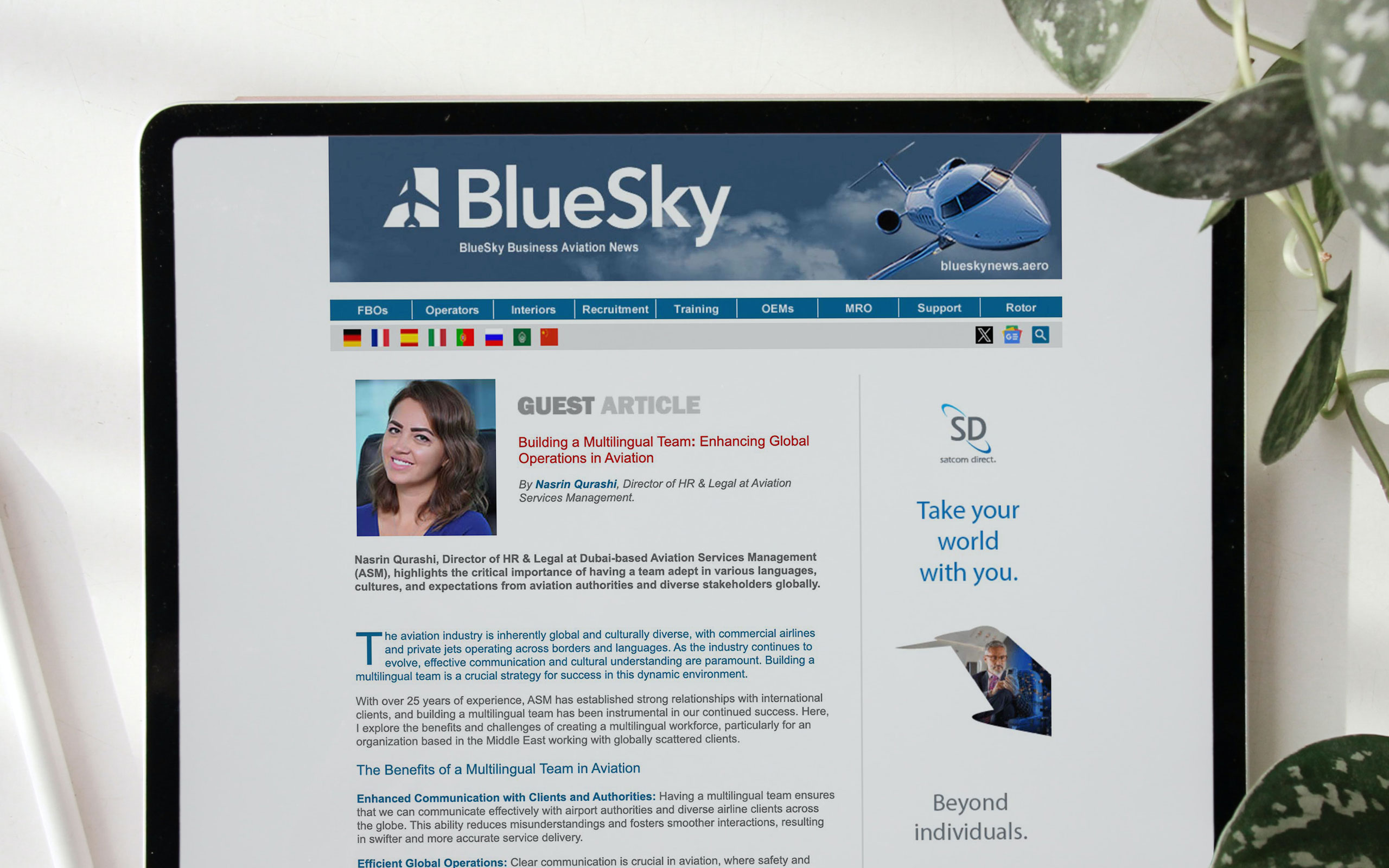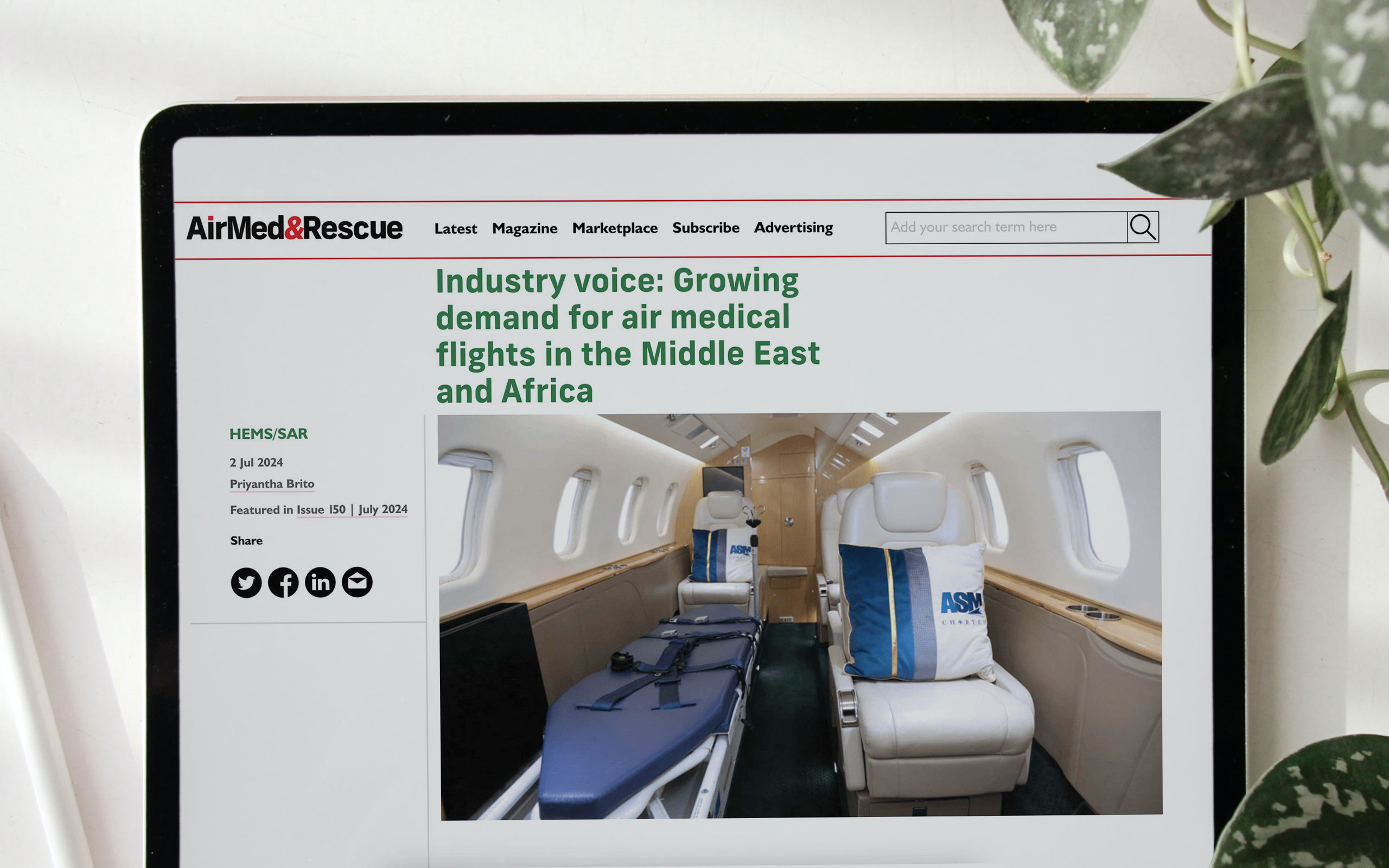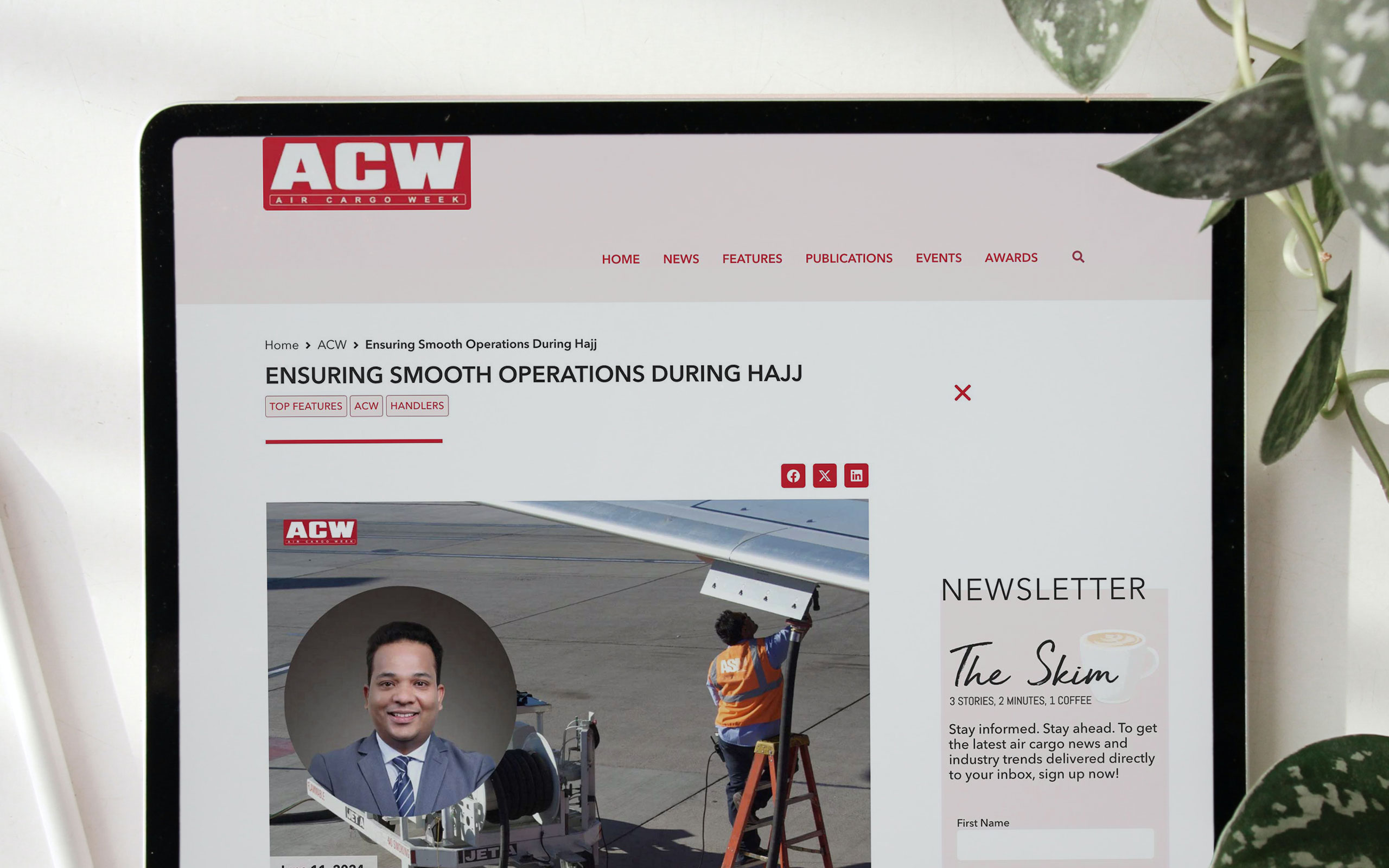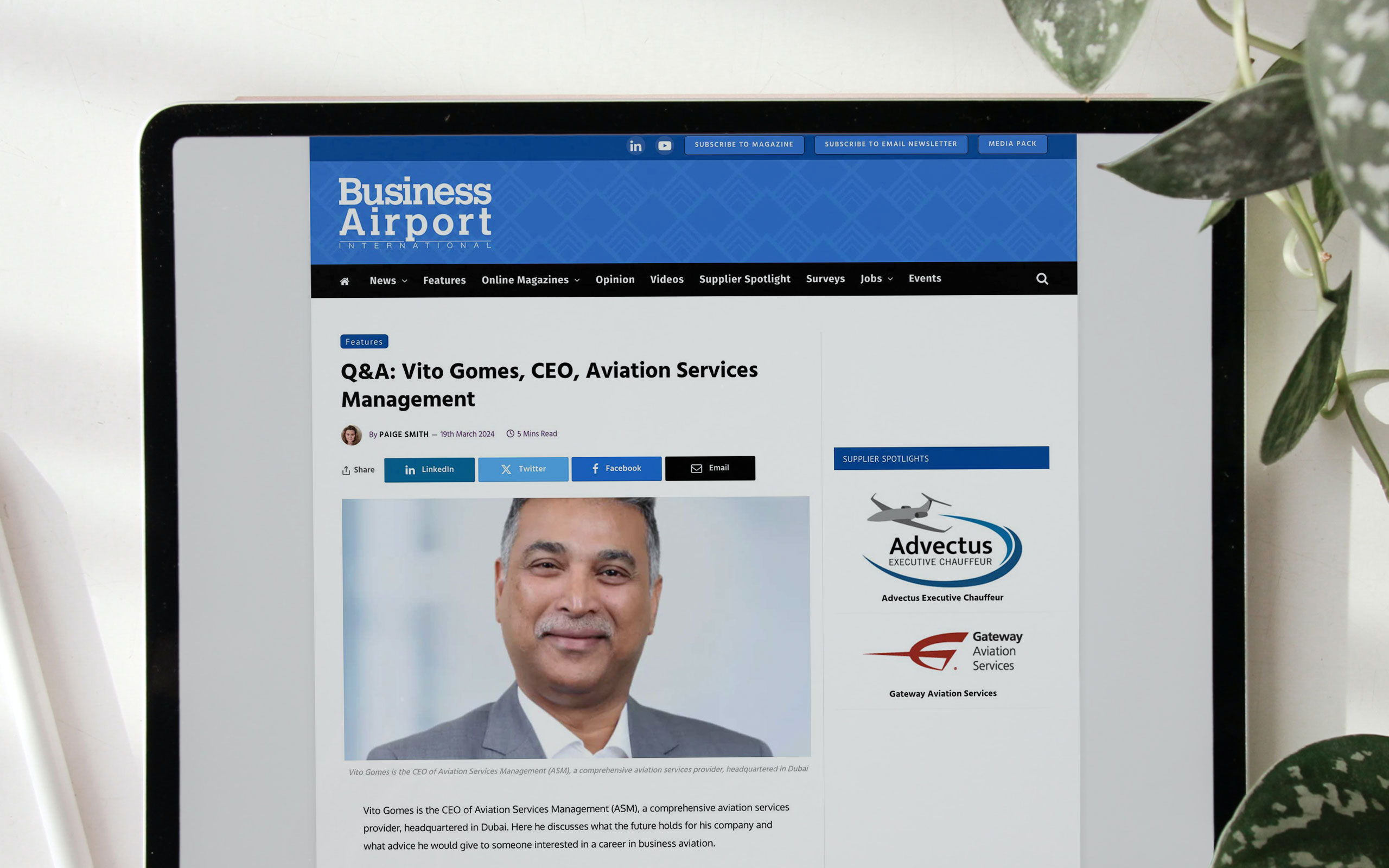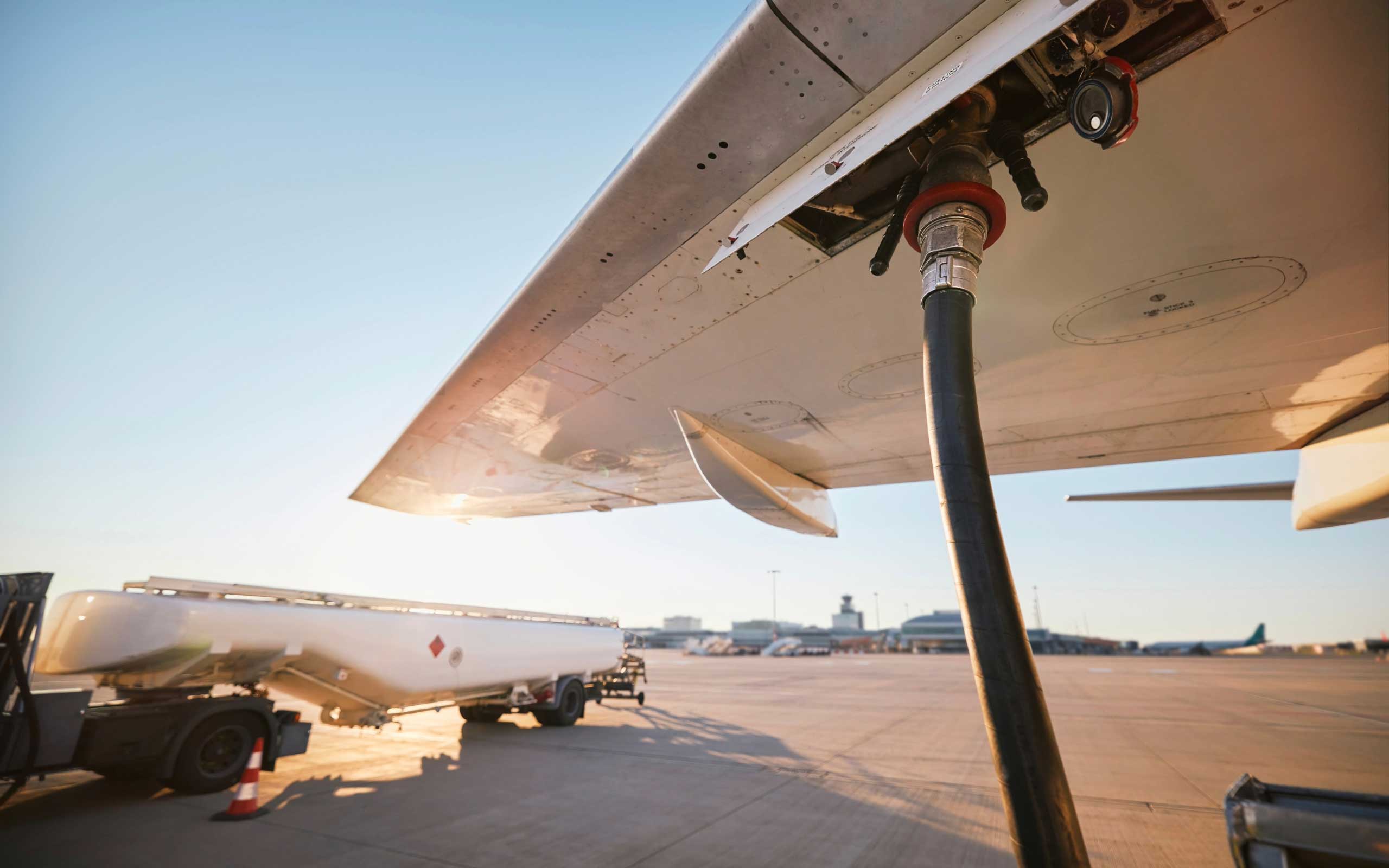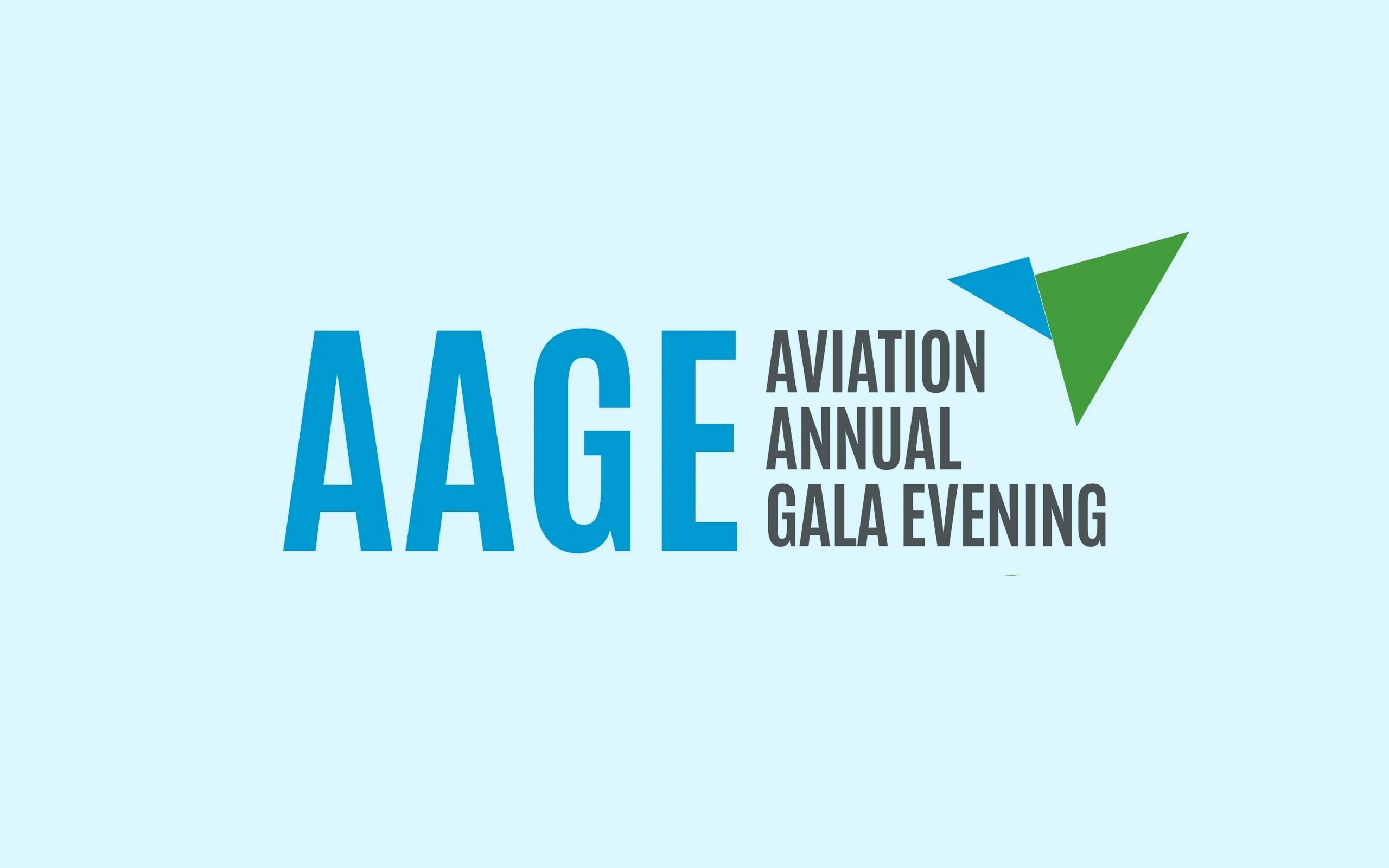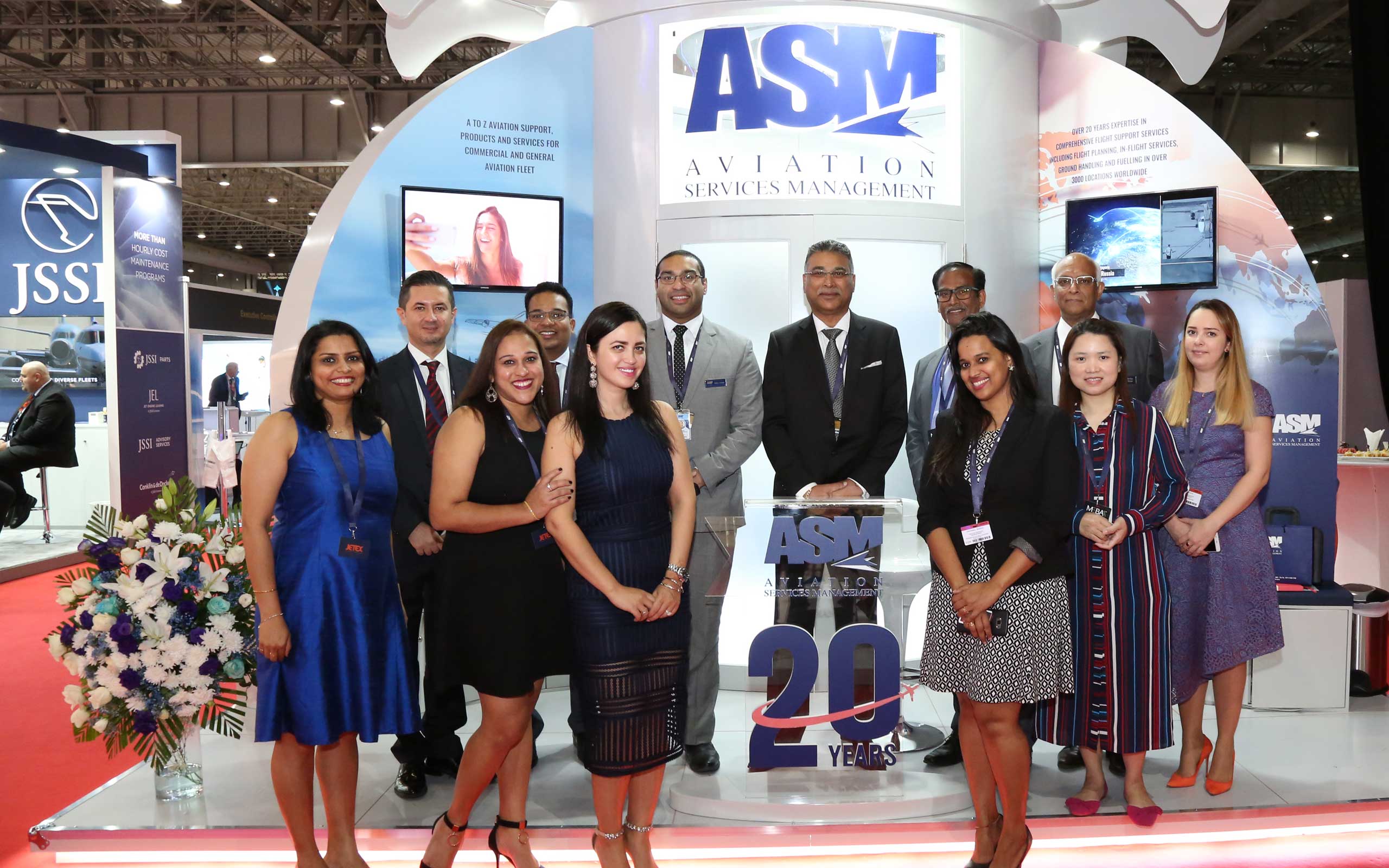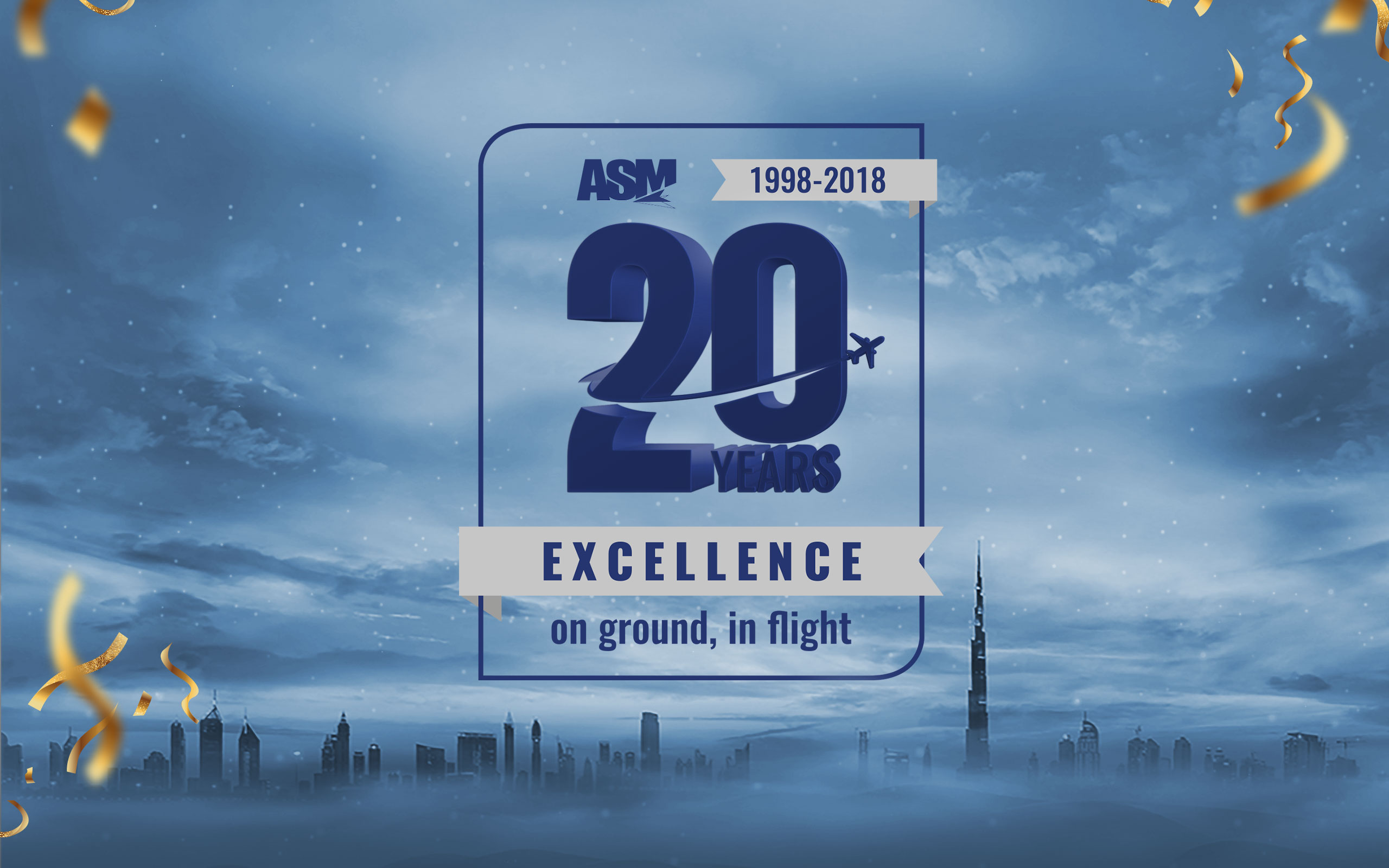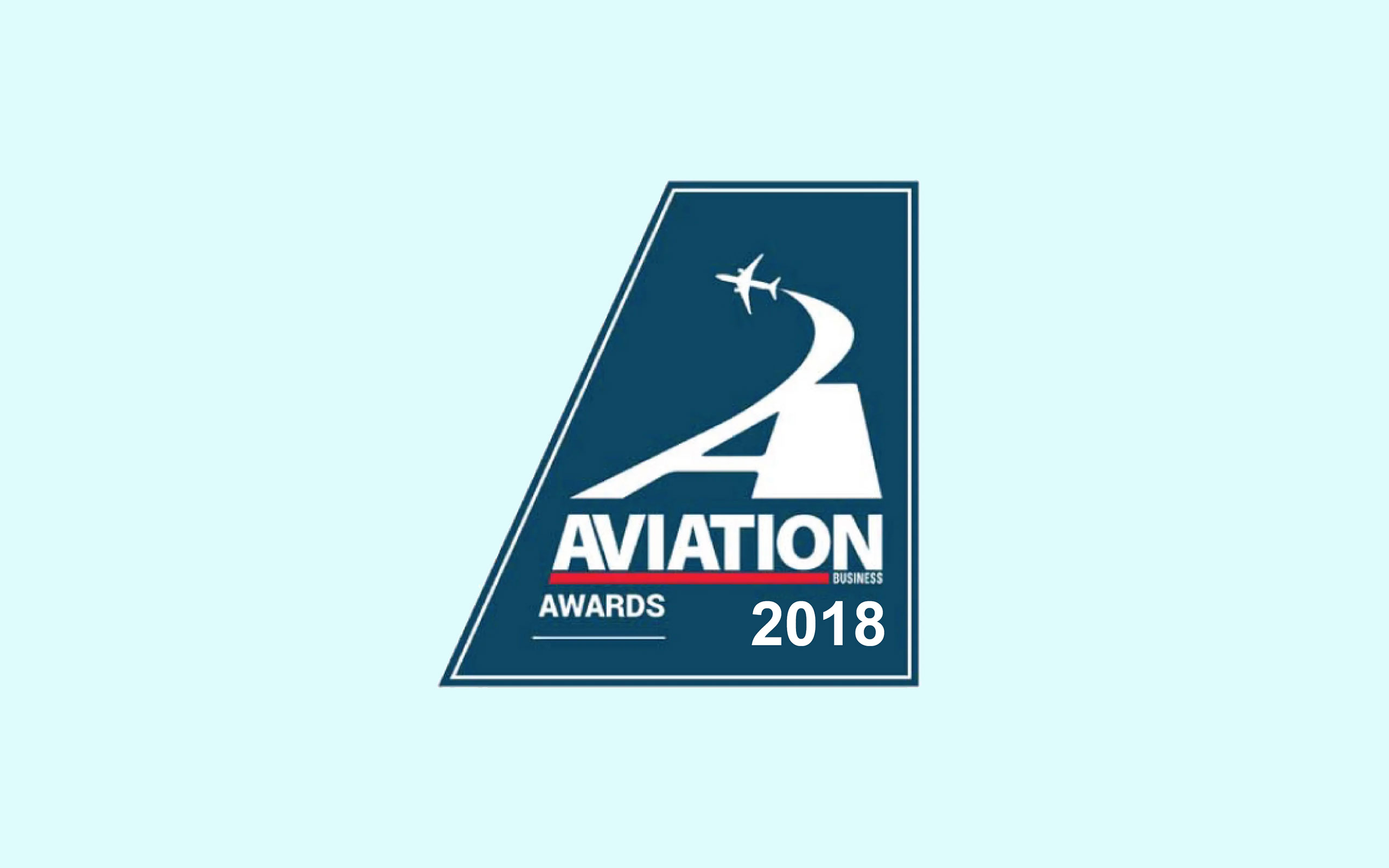Nasrin Qurashi, Director of HR & Legal at Dubai-based Aviation Services Management (ASM), highlights the critical importance of having a team skilled in multiple languages and cultures. This expertise is essential for managing expectations from aviation authorities and stakeholders across the globe.
The aviation industry is inherently global and diverse. Commercial airlines and private jets operate across borders and in different languages. As the industry evolves, effective communication and cultural understanding are becoming increasingly important.
Building a multilingual team is a key strategy for success in this dynamic environment. With over 25 years of experience, ASM has established strong relationships with international clients. Creating a multilingual team has played a significant role in maintaining this success.
In this context, I discuss the benefits and challenges of developing a multilingual workforce. This is particularly important for an organization based in the Middle East that works with clients around the world.
The Benefits of a Multilingual Team in Aviation
Enhanced Communication with Clients and Authorities:
A multilingual team allows us to communicate effectively with airport authorities and diverse airline clients worldwide. This ability helps reduce misunderstandings and ensures smoother interactions. As a result, we can deliver services more quickly and accurately
Efficient Global Operations:
Clear communication is crucial in aviation, where safety and efficiency depend on precise instructions. A multilingual team ensures that language barriers do not hinder operations. This applies to interactions with international partners, communication with a diverse workforce, and providing services to passengers from across the globe.
ASM Flight Support and Private Charter Services
For inquiries regarding Flight Support, Fuelling and Flight Supervision services at Venice Marco Polo International Airport, kindly contact – sales@asm.aero
To book your private jet travel to Italy with ASM Charter, please contact – charter@asm.aero. Our experts will take care of every aspect of your trip.

